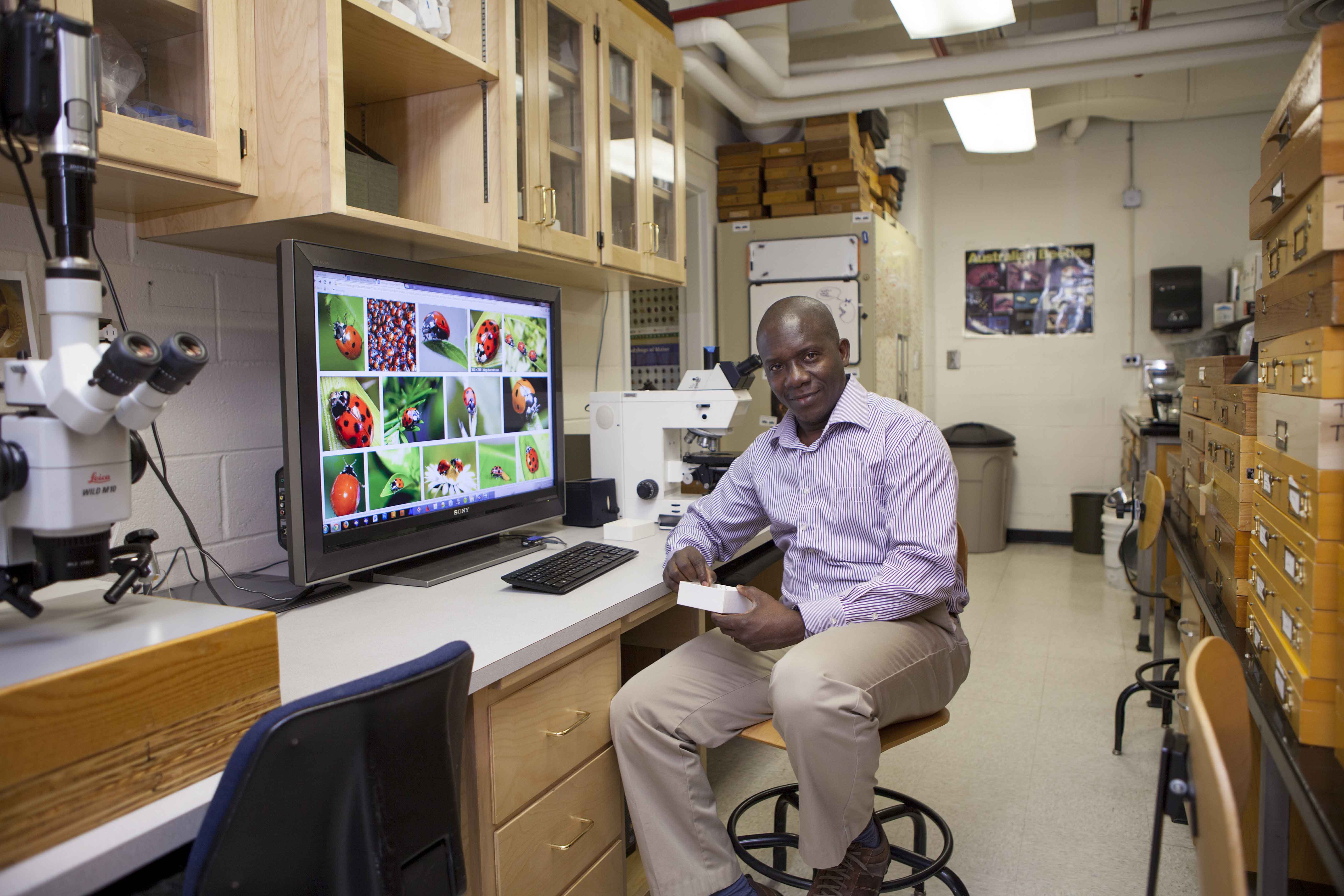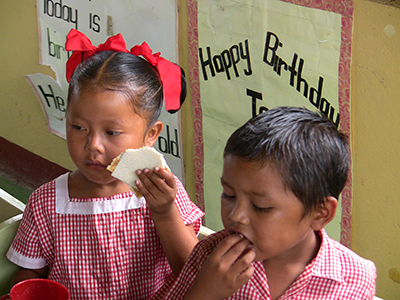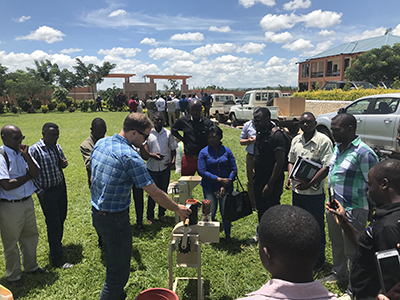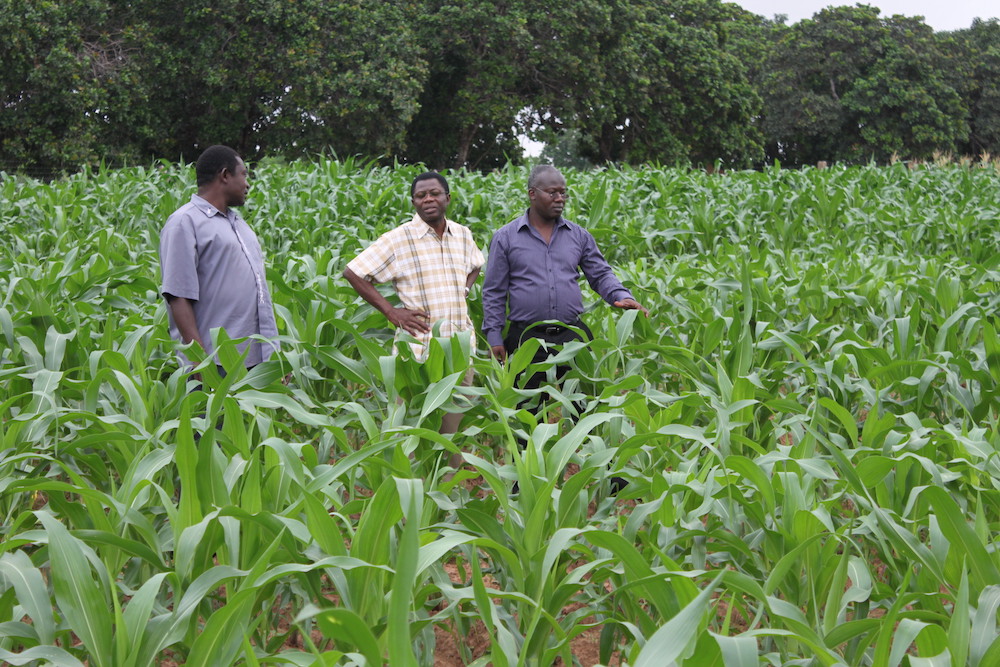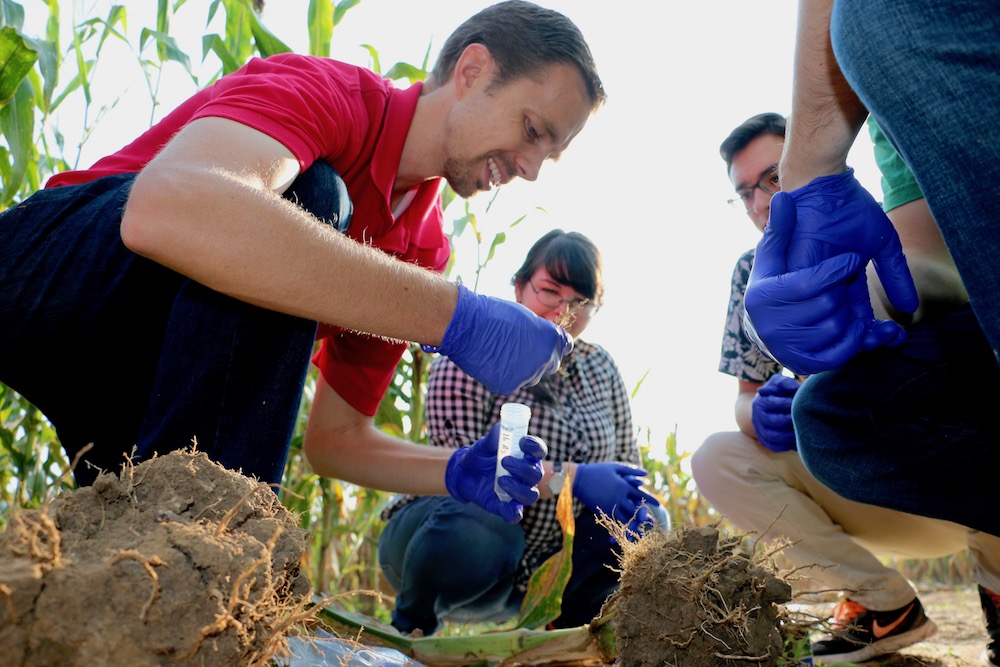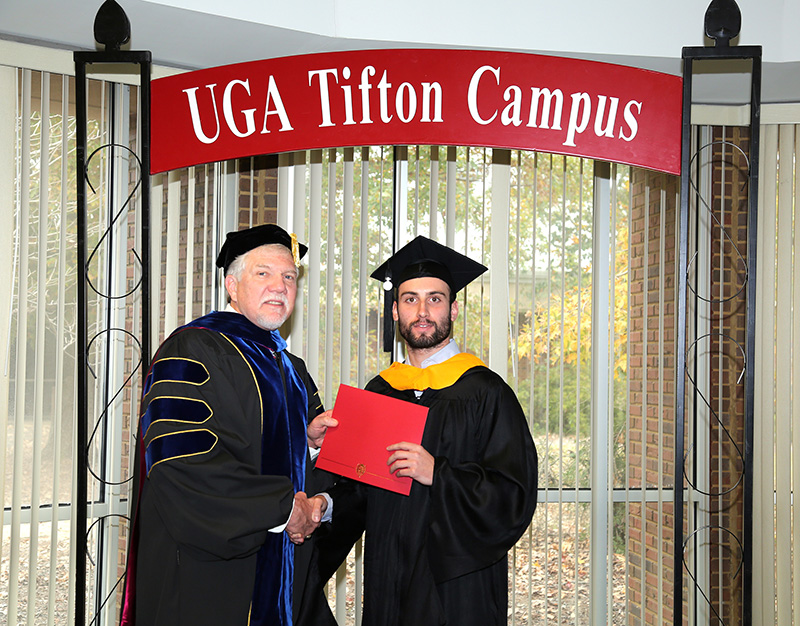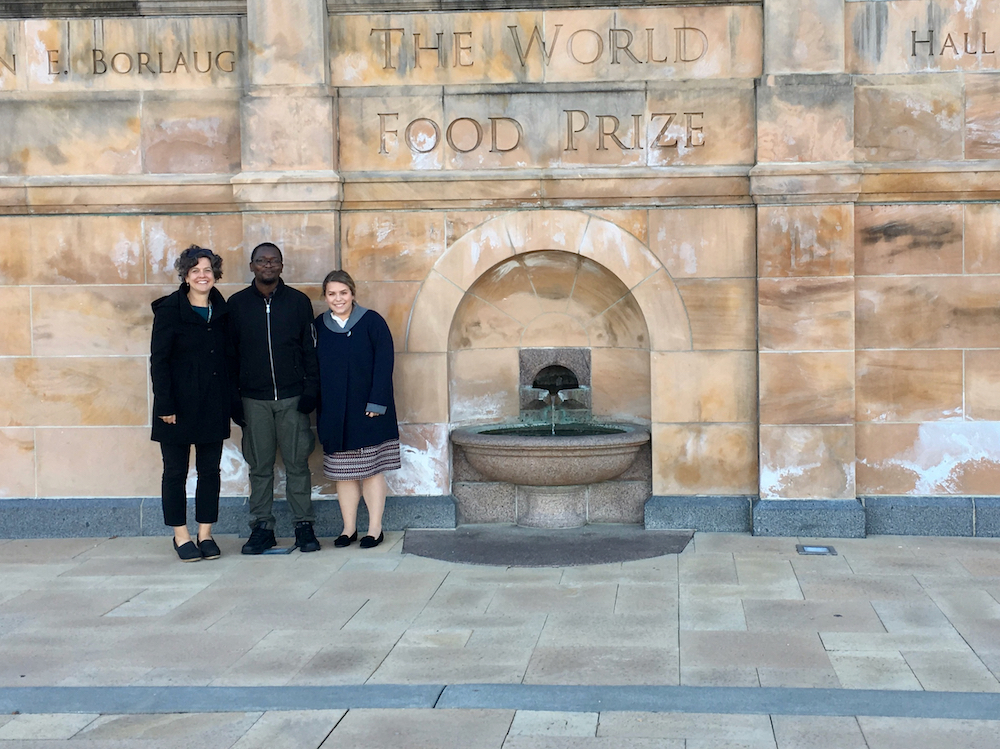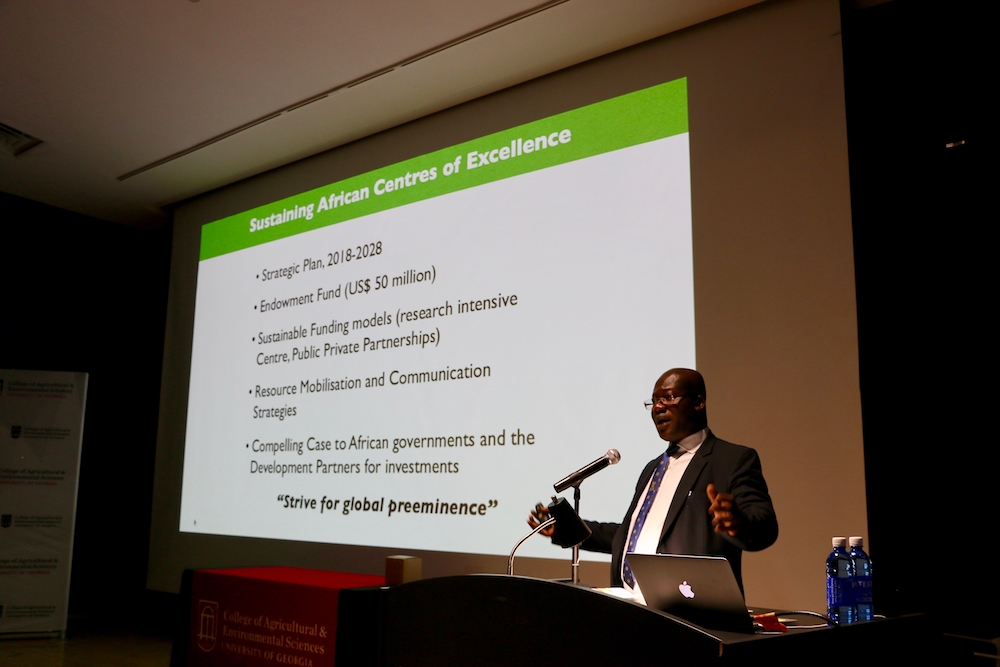 CAES News
CAES News
International Ag Celebration
Since its inception in 2007, breeders at the West Africa Centre for Crop Improvement (WACCI) in Ghana have produced 23 new varieties of corn, seven new varieties of peanuts, 11 new varieties of rice and seven new varieties of sweet potato.

